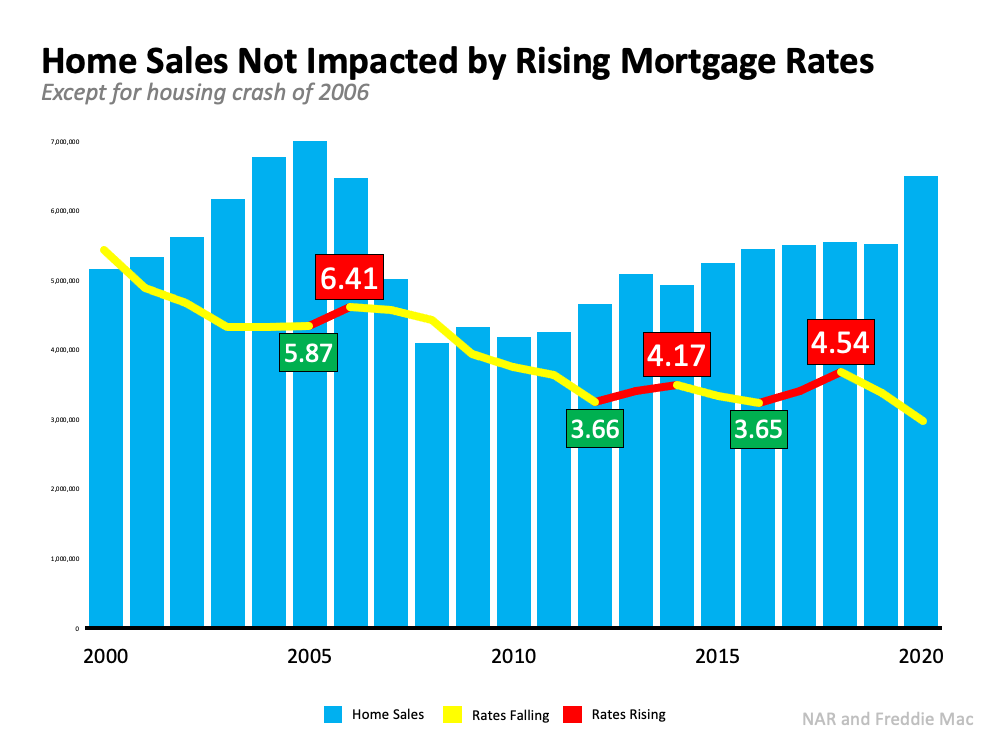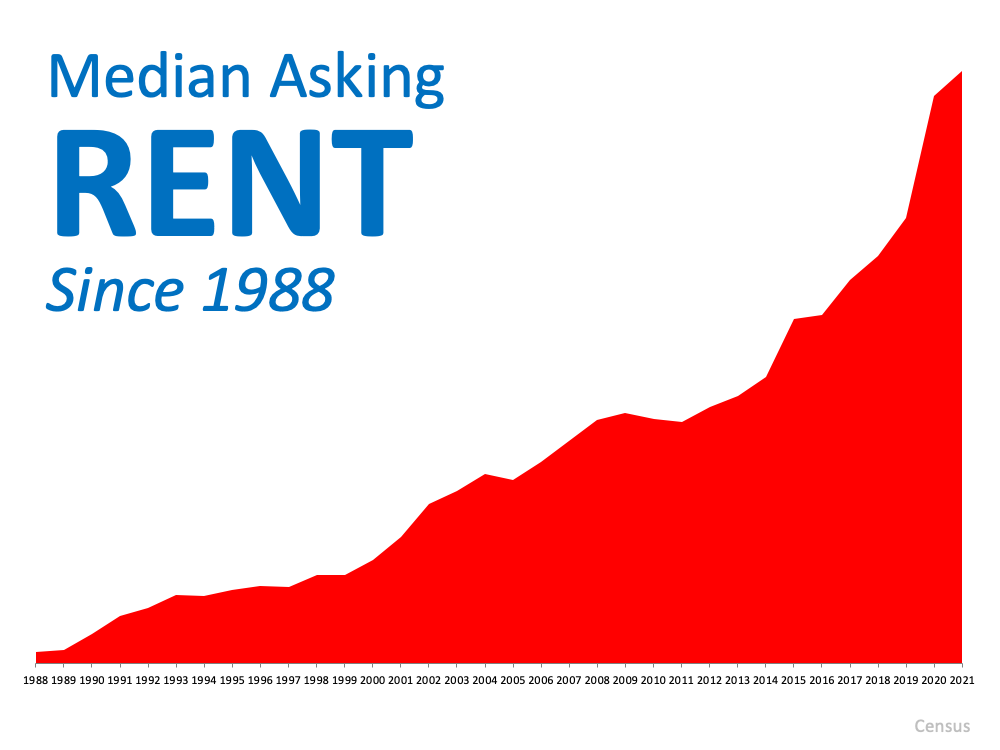
There’s no denying the financial benefits of homeownership, but what’s often overlooked are the feelings of gratitude, security, pride, and comfort we get from owning a home. This year, those emotions are stronger than ever. We’ve lived through a time that has truly changed our needs and who we are, and as a result, homeownership has a whole new meaning for many of us.
According to the 2021 State of the American Homeowner report by Unison:
“Last year, staying home became a necessity and that caused many homeowners to have renewed gratitude for the roof over their head.”
As a nation, we continue to work through the challenges of a pandemic that’s pushed us all to new limits. Over the past year and a half, we’ve spent more time than ever at home: working, eating, schooling, exercising, and more. The world around us changed almost overnight, and our homes were redefined. Our needs shifted, and our shelters became a place that protected us on a whole new level. The same study from Unison notes:
- 91% of homeowners say they feel secure, stable, or successful owning a home
- 64% of American homeowners say living through a pandemic has made their home more important to them than ever
- 83% of homeowners say their home has kept them safe during the COVID-19 pandemic
It’s no surprise this study also reveals that homeowners are now more emotionally attached to their homes as well: As we’ve learned throughout this health crisis, homeownership can provide the safety and security we crave in a time of uncertainty. That sense of connection and emotional stability genuinely reaches beyond just the financial aspect of owning a home. As JD Esajian, President of CT Homes, LLC, says:
As we’ve learned throughout this health crisis, homeownership can provide the safety and security we crave in a time of uncertainty. That sense of connection and emotional stability genuinely reaches beyond just the financial aspect of owning a home. As JD Esajian, President of CT Homes, LLC, says:
“Aside from the financial factors, there are several social benefits of homeownership and stable housing to consider. It has long been thought that buying a home contributes to a sense of accomplishment. Still, most individuals fail to realize that homeownership can benefit your mental health and the community around you.”
Whether you’re thinking of buying your first home, moving up to your dream home, or downsizing to something that better fits your changing lifestyle, take a moment to reflect on what Mark Fleming, Chief Economist at First American, notes:
“Buying a home is not just a financial decision. It’s also a lifestyle decision.”
Bottom Line
If you’re considering buying a home, it’s not entirely about the dollars and cents. Don’t forget to weigh the non-financial benefits that may truly change your life when you need them most.
Content previously posted on Keeping Current Matters* This article was originally published here


![Reasons To Hire a Real Estate Professional [INFOGRAPHIC] | Simplifying The Market](https://files.simplifyingthemarket.com/wp-content/uploads/2021/11/23100543/20211126-KCM-Share-549x300.png)
![Reasons To Hire a Real Estate Professional [INFOGRAPHIC] | Simplifying The Market](https://files.simplifyingthemarket.com/wp-content/uploads/2021/11/23100546/20211126-MEM.png)










![Your Journey to Homeownership [INFOGRAPHIC] | Simplifying The Market](https://files.simplifyingthemarket.com/wp-content/uploads/2021/11/18120442/20211119-KCM-Share-549x300.png)
![Your Journey to Homeownership [INFOGRAPHIC] | Simplifying The Market](https://files.simplifyingthemarket.com/wp-content/uploads/2021/11/18120443/20211119-MEM.png)














![Should I Update My House Before I Sell It? [INFOGRAPHIC] | Simplifying The Market](https://files.simplifyingthemarket.com/wp-content/uploads/2021/11/10102132/20211112-KCM-Share-549x300.png)
![Should I Update My House Before I Sell It? [INFOGRAPHIC] | Simplifying The Market](https://files.simplifyingthemarket.com/wp-content/uploads/2021/11/10102000/20211112-MEM.png)
